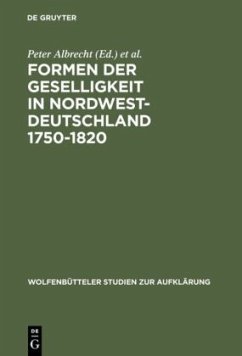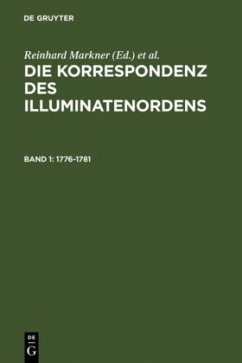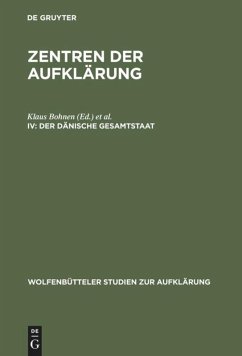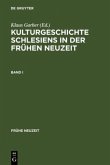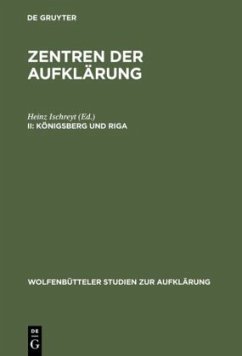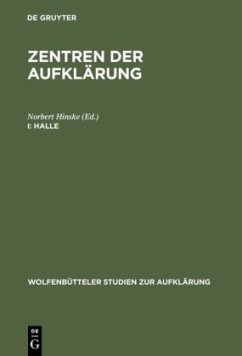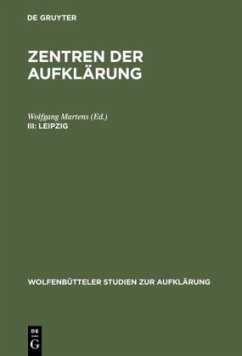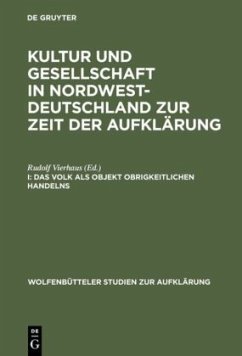This collection of in-depth case studies presents a tableau of informal and formal varieties of sociality encountered in Northwest Germany in the latter half of the 18th century. One focal point is the various forms of enlightened society to be found there - reading clubs and secrets societies, fraternities, musical societies and friendly associations. But much coverage is also given to forms of sociality in different classes of society and the way in which they interacted. The innovative feature of this approach is its focus on the coexistence of different forms of sociality in different strata of society.
Diese Sammlung von reflektierten Fallstudien präsentiert ein Tableau der formellen wie der informellen Formen der Geselligkeit in Nordwestdeutschland in der zweiten Hälfte des 18. Jahrhunderts. Sie thematisiert nicht allein die unterschiedlichen Formen aufklärerischer Geselligkeit - von der Lesegesellschaft bis zur geheimen Gesellschaft bzw. von musikalischen Gesellschaften bis hin zu den Freundschaften, Bünden usw. --, sondern auch die gleichzeitigen Formen der Geselligkeit unterschiedlicher sozialer Schichten und ihre Interaktionsformen. In der Konzentration auf die Gleichzeitigkeit unterschiedlicher Geselligkeitsformen in unterschiedlichen Gesellschaftsschichten einer Region besteht das Innovative dieses Ansatzes.
Diese Sammlung von reflektierten Fallstudien präsentiert ein Tableau der formellen wie der informellen Formen der Geselligkeit in Nordwestdeutschland in der zweiten Hälfte des 18. Jahrhunderts. Sie thematisiert nicht allein die unterschiedlichen Formen aufklärerischer Geselligkeit - von der Lesegesellschaft bis zur geheimen Gesellschaft bzw. von musikalischen Gesellschaften bis hin zu den Freundschaften, Bünden usw. --, sondern auch die gleichzeitigen Formen der Geselligkeit unterschiedlicher sozialer Schichten und ihre Interaktionsformen. In der Konzentration auf die Gleichzeitigkeit unterschiedlicher Geselligkeitsformen in unterschiedlichen Gesellschaftsschichten einer Region besteht das Innovative dieses Ansatzes.

